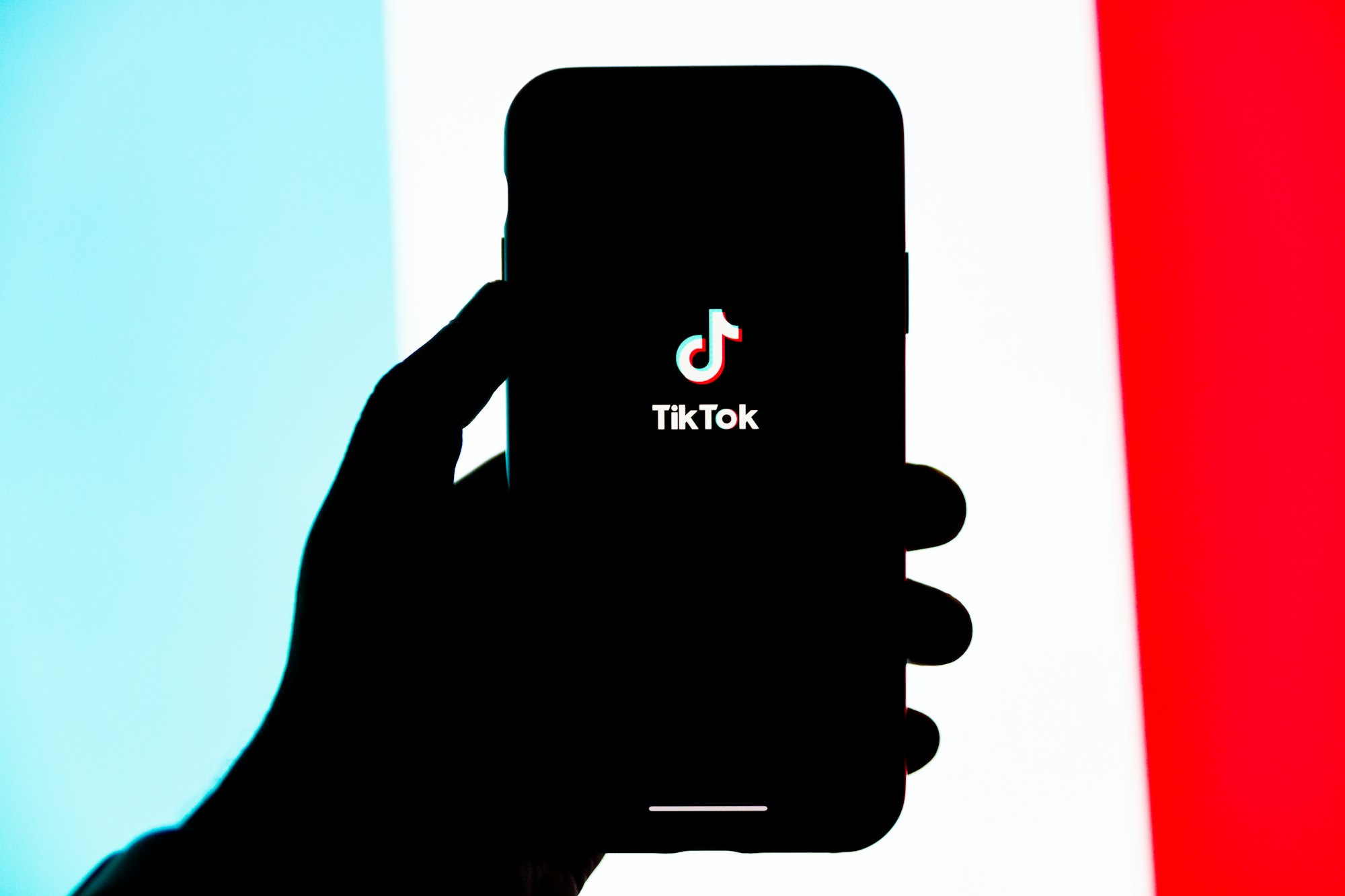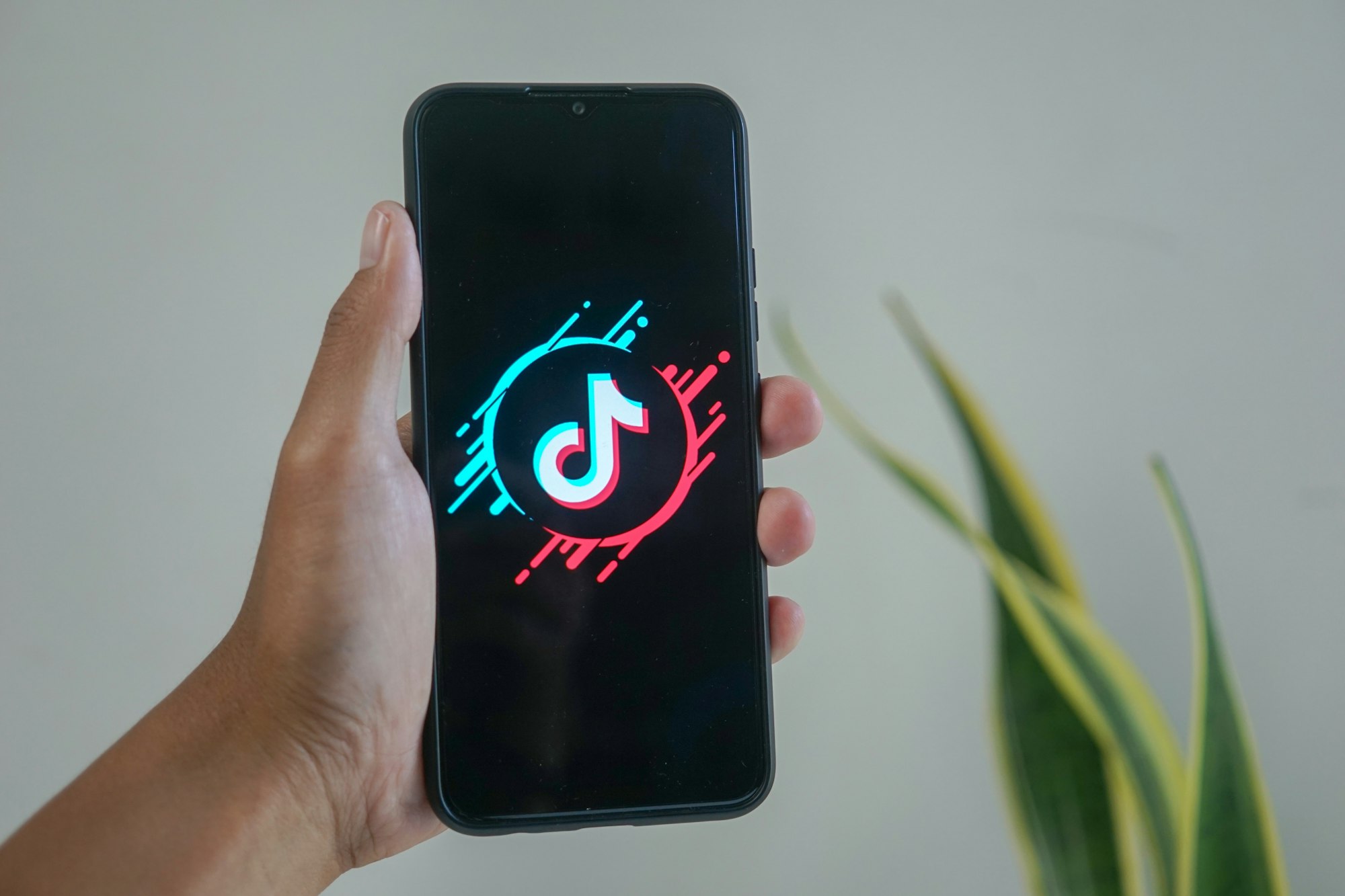TikTok CEO testifies in U.S. Congress hearing amid a potential ban

TikTok CEO, Shou Zi Chew faced a United States Congress hearing on Thursday over data privacy concerns as threats of a potential ban loom over in the country.
During the hearing, U.S. congress members raised a variety of concerns, including the app's data privacy, protections for children online and TikTok's connection to the Chinese Communist Party.
TikTok's CEO Chew attempted to defend allegations levelled against the platform about the potential risks to the county's national security and how it allegedly prioritizes the safety of its young users.
In his prepared remarks released yesterday ahead of the hearing, Chew had offered reassurances that the company would safeguard the safety of minors, bolster its privacy and security practices and ward off any possibility of “unauthorized foreign access” to U.S. user data.

Chew also asserted that TikTok has never shared data on U.S. users with the Chinese government nor has it ever received a request to do so. Chew also argued that the company would not comply with any request to access data on Americans.
Furthermore, as part of its plans to stop the popular entertainment app from being banned by the U.S. government, the company also proposed a plan called "Project Texas" that involves the relocation of U.S. user data to Oracle servers based in the U.S. where the data would then be overseen by American personnel.
Chew's testimony comes at a crucial time for the company as the company looks to distance itself from its Chinese origins and dismiss concerns that its Chinese ownership means U.S. users' data could end up in the hands of the Communist Chinese government.
The hearing follows a report earlier this month that the U.S. government was seeking to compel ByteDance, the parent company of TikTok, to sell the platform, or face a national ban for failure to comply.
In recent times, TikTok has come under heavy scrutiny from U.S. officials over its ties with the communist Chinese government and the potential threat that it poses to America's national security and the safety of its citizens.
During this time many states in the U.S. have prohibited the use of the app which has garnered 150 million users in the country on government-owned devices. Other countries including UK, Canada, India, EU have also levelled a form of ban against the social media giant.
Reporting by Emmanuel Oyedeji; Editing by Loy Okezie
